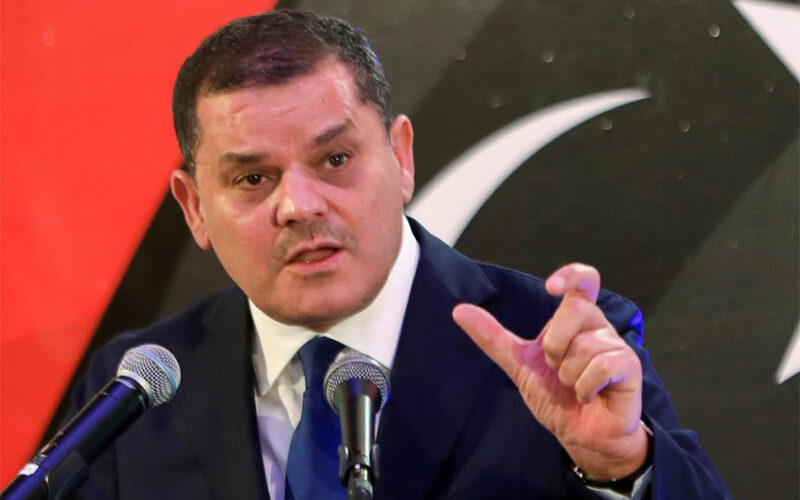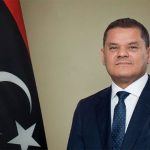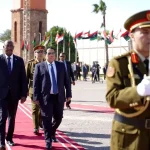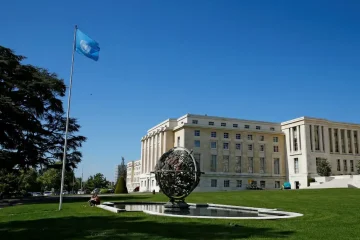LIBYA’S eastern-based House of Representatives (HoR) yesterday rejected the budget plan proposed by the country’s new unity government, giving it 10 days to submit a leaner, revised version, members of the body said.
The move underscores the difficulties facing new interim Prime Minister Abdulhamid Dbeibeh, whose success will partly rest on using the country’s oil wealth to improve state services.
“It’s a marker to show that Dbeibeh is no longer the only real centre of gravity,” said Tarek Megerisi of the European Council on Foreign Relations, adding that the HoR head Aguila Saleh was showing he could also exert influence.
The House of Representatives, elected in 2014, approved the appointment of Dbeibeh and his new government last month in a special session that was attended by factions that had previously split off from the parliament.
Libya has suffered a decade of chaos, division and violence since the 2011 NATO-backed uprising against Muammar Gaddafi, and has been split for years between warring groups in east and west.
The new unity government, which emerged through a U.N.-facilitated process, is aimed at overseeing a brief transition to national presidential and parliamentary elections in December.
Saleh, who has been an ally of eastern-based commander Khalifa Haftar, was a failed candidate in that process to head the new presidency council.
“The government is still being formed, fashioned and shaped in terms of which individuals will wield what powers. Negotiations on the budget is a key phase of that process,” said Jalel Harchaoui of the Global Initiative Against Transnational Organised Crime.














